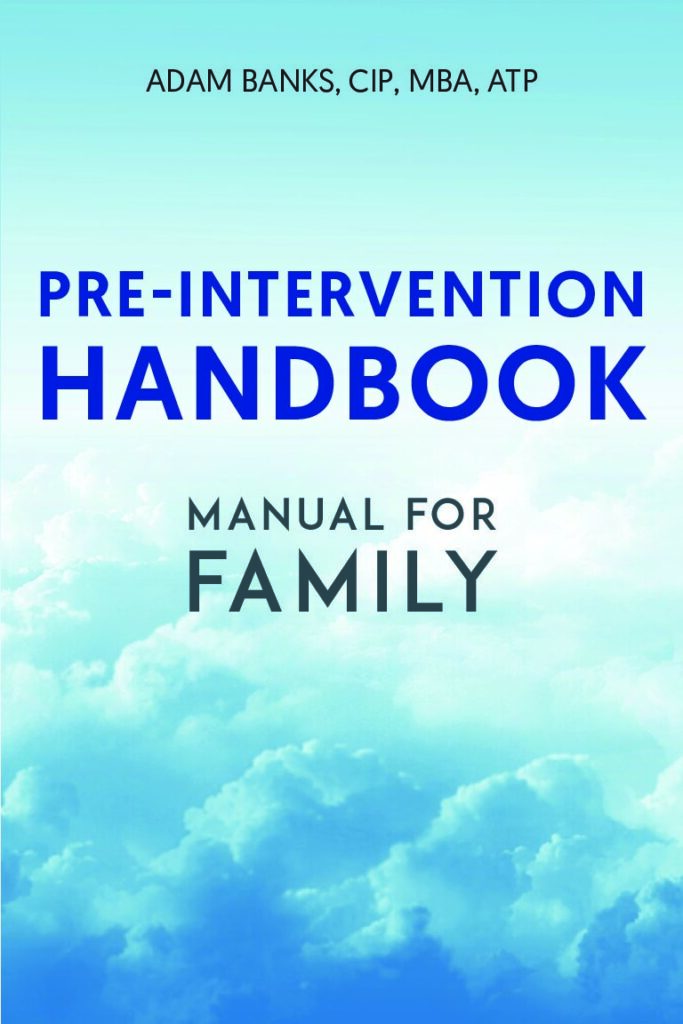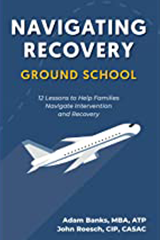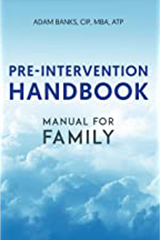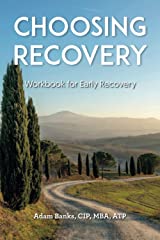- Intervention is not as seen on television. It is a loving experience void of drama.
- Addiction is driven by experiences, triggers, stages of change and the fear that accompanies making a transition.
- Roadblocks are common and will occur. Being proactive instead of reactive makes the process safe and secure. This increases the likelihood of getting a yes from the person of concern.
- Families need to have a plan for both a yes or no response during the intervention. The entire network should be educated and prepared to take action.
An intervention is a formalized process that will bring the family and friends together. The process will not look like what you see on TV. It is a loving and supportive experience that invites the person of concern to participate.
When is an Intervention Necessary
- The need to “hit rock bottom” is a recovery myth.
- Recovery is a personal choice, and we may not be aware of the emotional turmoil inside others who battle with addiction.
- Addiction is a slow moving train, accelerating slowly towards derailment.
- The goal is to help our loved one choose treatment by recognizing the consequences of substance use.
Hope
The essence of recovery is restoring confidence and hope in your loved ones heart. Getting better is possible, and change is determined by the families ability to work together as a team. The interventionist steps into this critical project as a consultant. The tasks may seem daunting, and at times impossible. Suntra’s 12 lessons relieve families and addicted persons from this stress by giving an understanding of addiction and the required steps to overcome it. This most important mindset to change is that recovery is going to rehab. Sobriety is a long term process. Suntra’s interventionists use their experience and expertise to instill hope and create actionable plans.
- Recovery starts with restoring confidence and hope that things will get better, and success is possible once we put in the work.
- Interventionists are consultants who step in to correct our paths. We are embarking on a lifelong journey of sobriety.
- At this point families and addicted persons are exhausted. Suntra’s 12 lessons help families understand addiction and the process of recovery.
- Long term recovery is achieved with love, not forceful actions or ultimatums.
Intervention is Fair
- Interventions draw clear lines in the sand.
- The family network is completely transparent.
- The family acts as board of directors guided by a fair consensus.
- The intervention follows a four level process of escalation that ends in a mutual contract to seek treatment.
Develop a Plan
- The first two weeks of recovery demand a great deal of love and support from the family. This will be an emotional rollercoaster for our loved one.
- Towards the completion of the first month, the family will start to recognize their loved one as they were before the addiction. It's important to not remain steady in support, the second month is often the most difficult
- The second month involves the AP leaving treatment and returning with newfound sobriety. The transition will cause our loved one a great deal of anxiety, and family empathy is critical at this point
- Month 3 is a milestone for our loved one. They are wrapping up outpatient treatment and settling into a new life. Meetings and other forms of support must be in place to maintain long term sobriety.
Adam Banks Books

Get the Pre-Intervention Handbook
Submit your email below to receive a copy of the pre-intervention handbook delivered to your email.




